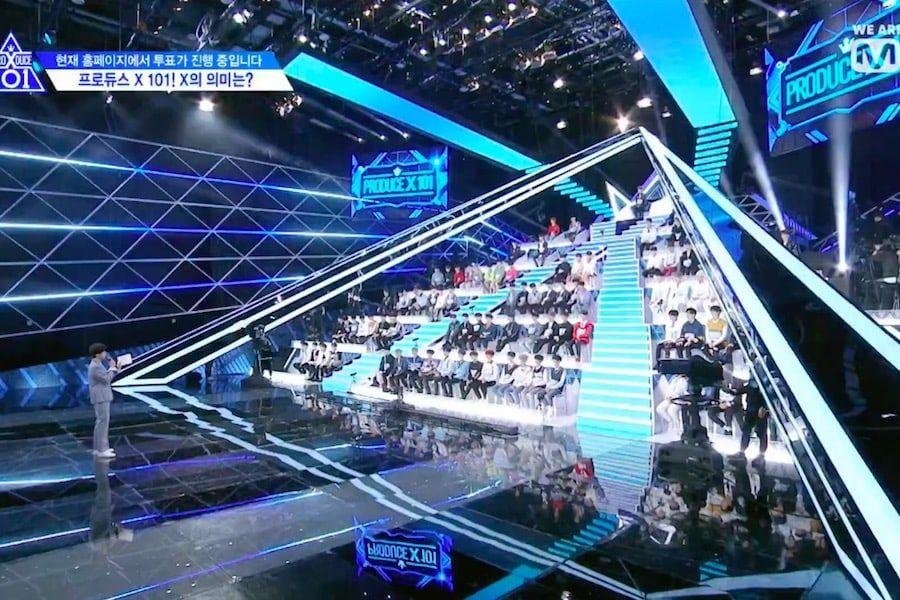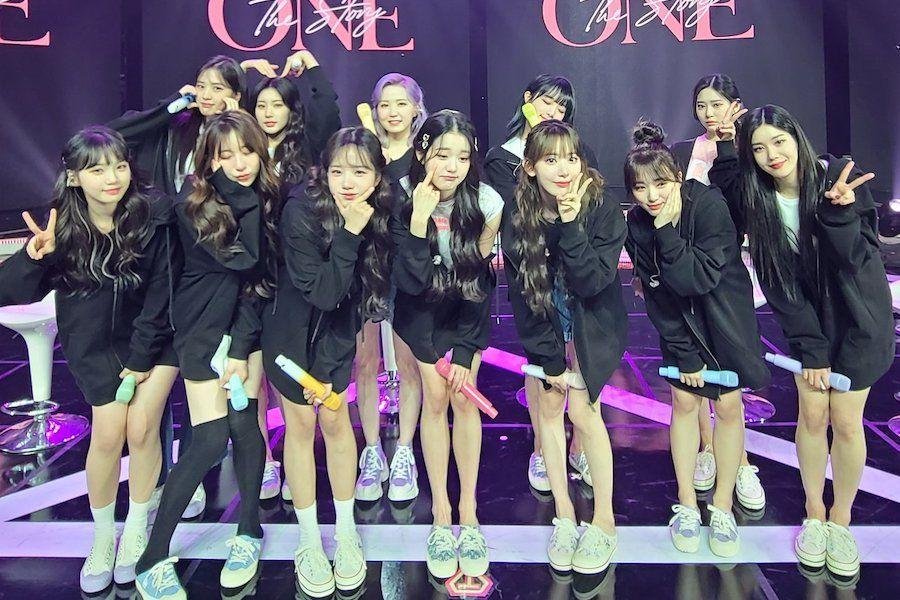The Reign of K-Pop Competition Shows
K-pop began as a subculture in the late ‘90s. Despite only being a few decades old, the musical genre has morphed into an international phenomenon. The spike in popularity of K-pop has caused the market to become more saturated. With this, individuals and entertainment agencies alike had to devise new ways to make their music stand out among the rest. Thus, survival shows emerged to debut promising artists and sensationalize the genre of K-pop. Within competition shows, South Korean entertainment agencies spotlight their rising stars, broadcasting their live performances before a panel of judges as they compete for a coveted position in the final lineup. These advancing members go on to be promoted as an official group, and many of these shows have been wildly successful in advancing the careers of their champions. Some of the most well-known groups today were formed from survival shows, including Twice and ENHYPEN.
The first competition shows were formed with contestants from the same company. These members planned to debut with these companies already, but the competition element elevated the K-Pop genre by pushing for something new and eye-catching. In 2016, the show Produce 101 was announced, redefining K-pop and expanding the breadth of competition shows. One hundred-one girls from dozens of companies competed on the same show, with the final lineup entirely created by audience votes. This was a game-changer. Viewership was through the roof. As fans logged in daily to vote for their favorite contestants, they actively participated in the competition and had a say in its outcome.
The idea of over 100 girls competing for one out of eleven spots seemed unbelievable, especially considering that each contestant was already under contract with their respective company. So, how did this even work? The show stipulated that the assembled group could only be promoted for one year, and each member must then return to their respective company.
The time frames for group contracts were extended with later installments of the show. One group was even contracted to last five years. Yet, these groups are still temporary. Why should we even get invested in groups that are bound to disappear? Because even while their existence is ephemeral, the legacy of their music remains long after they’re gone.
Watching around a hundred contestants grow from complete strangers to close friends while competing against each other is sure to tug on your heartstrings. Over time, you learn about each member participating in the show, so even if your top picks don’t make it in, you feel you know the ones who did. There is also something to be said about the beauty of enjoying something while it is still around, indulging in the whole “don’t cry because it’s over, smile because it happened” mantra. There’s also the slightly pretentious exclusivity that comes with enjoying a temporary group. Years later, when people discover their music, you’ll have the pleasure of saying you were a fan while they were still around.
Competition shows have become a subculture within the genre of K-pop. The allure of K-pop competition shows keeps fans engaged, even after their favorite groups from these shows disband. MNET, the network that aired the first seasons of Produce 101, created six seasons of survival shows. Other networks have offered their own takes on K-pop competition shows, and these shows have even crossed borders, with countries such as Japan and China modeling their shows after those in Korea. ZeroBaseOne, a group formed from MNET’s most recent survival show, Boys Planet, has recently debuted and is creating waves in K-pop. Their show just ended in April, so you still have two years to check out the group before they disband, becoming an instrumental part of the K-pop idolization subculture.
Strike Out,
Writer: Dana Liberto
Editor: Noelle Knowlton
Tallahassee



